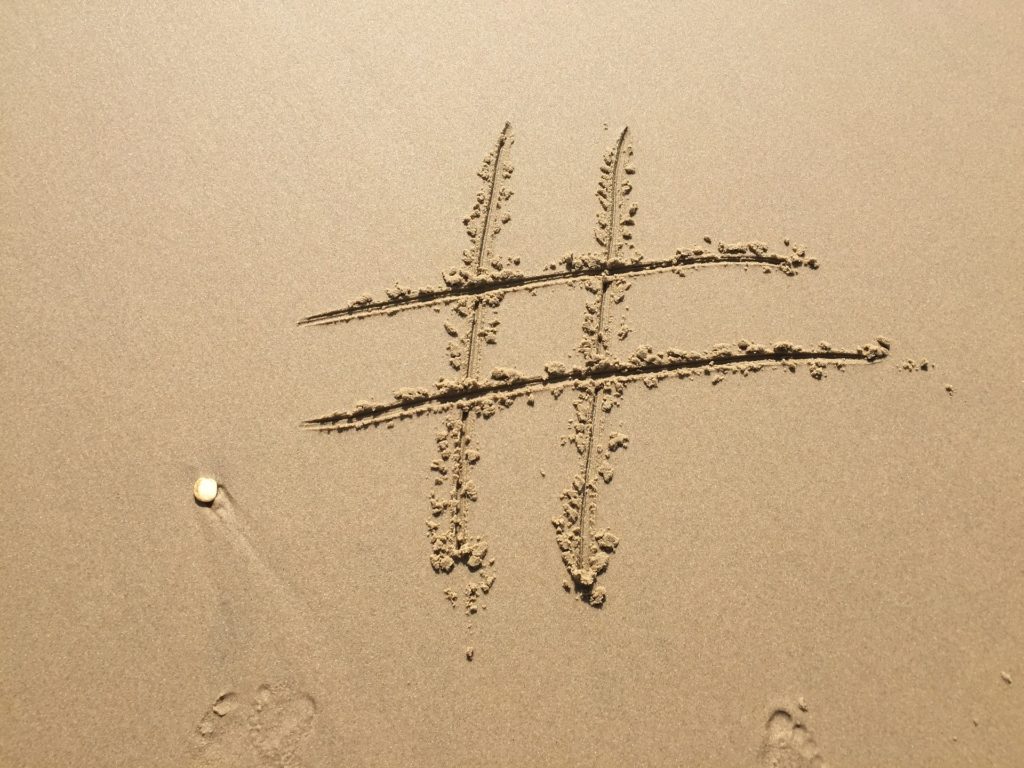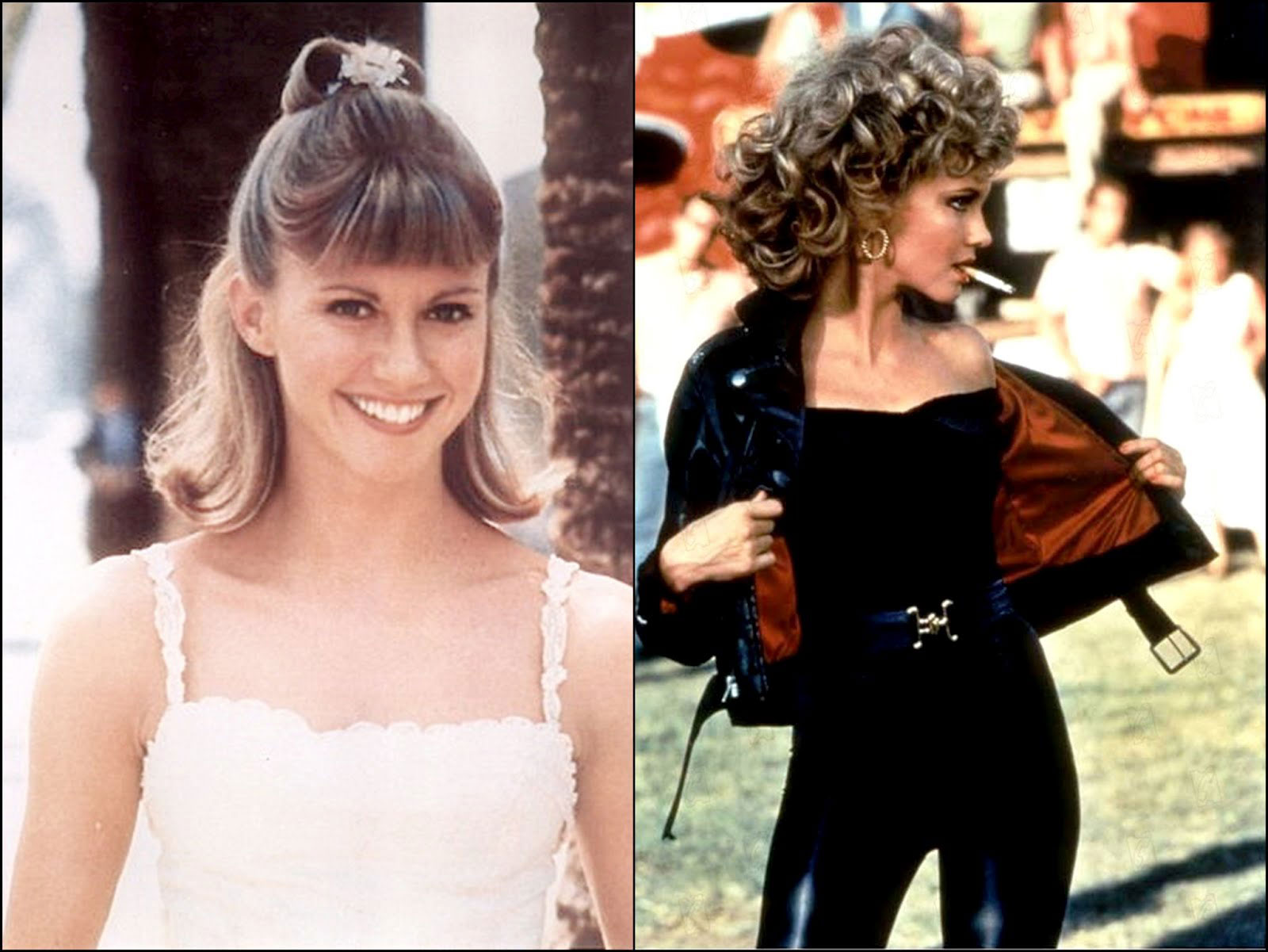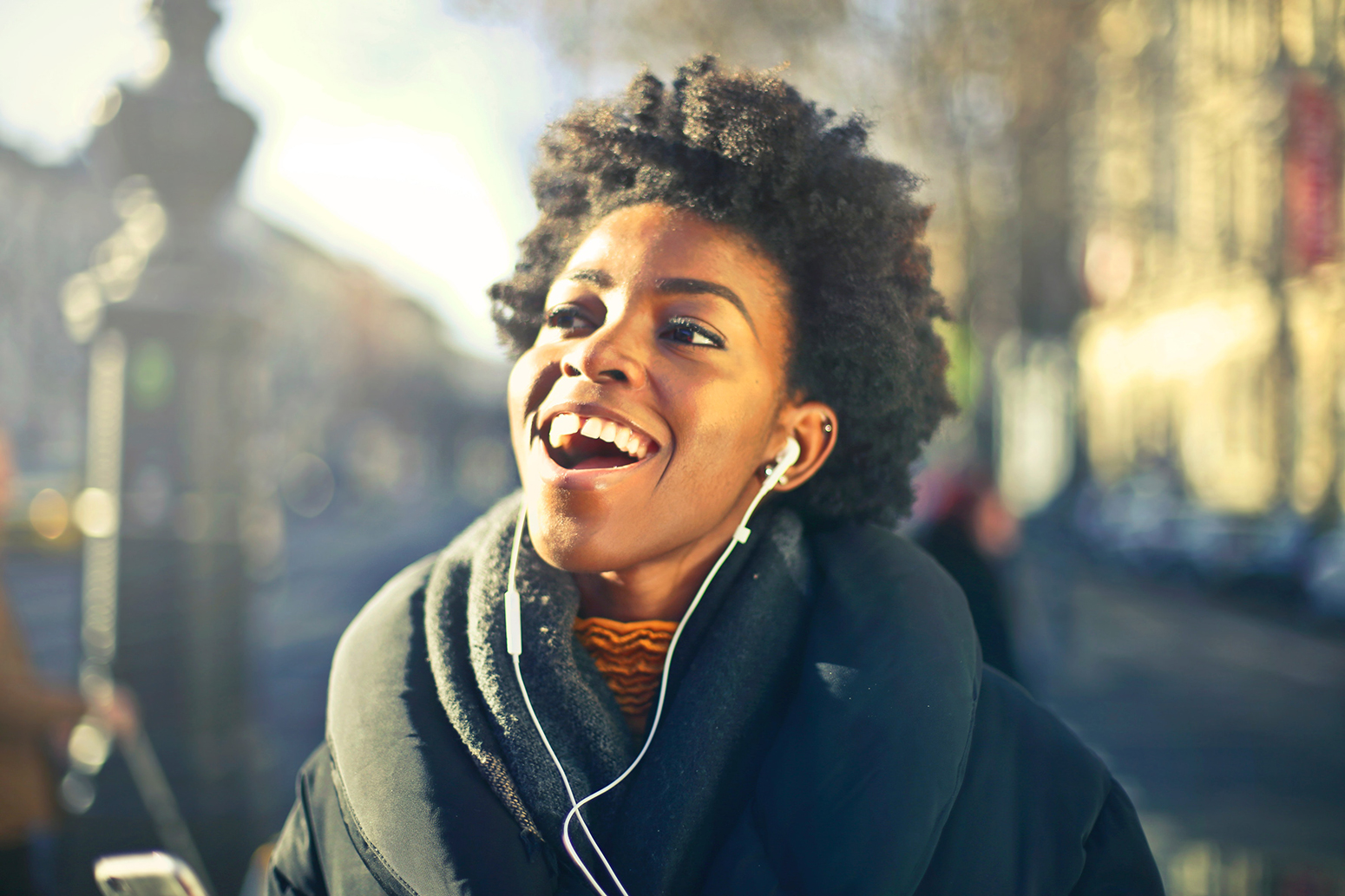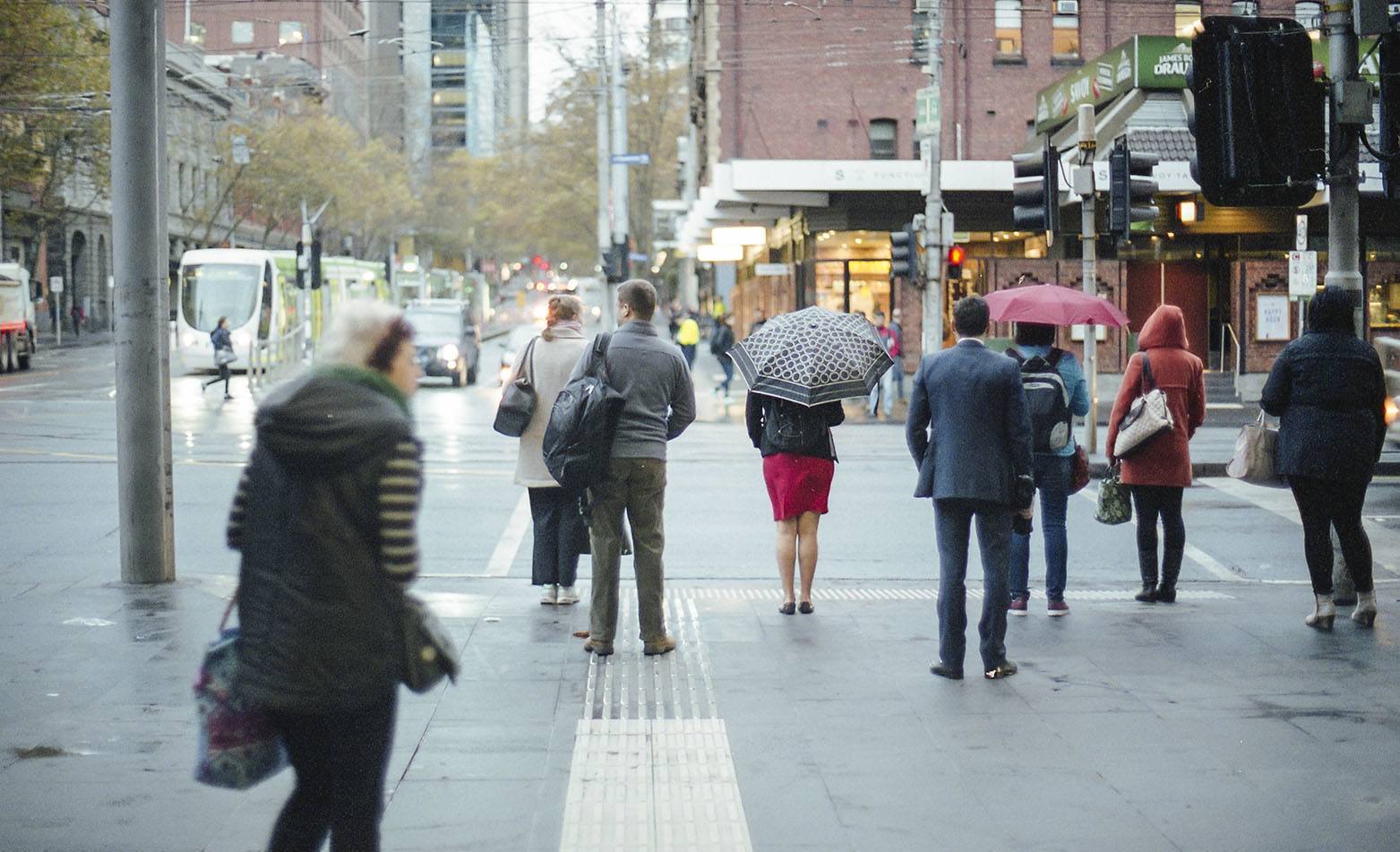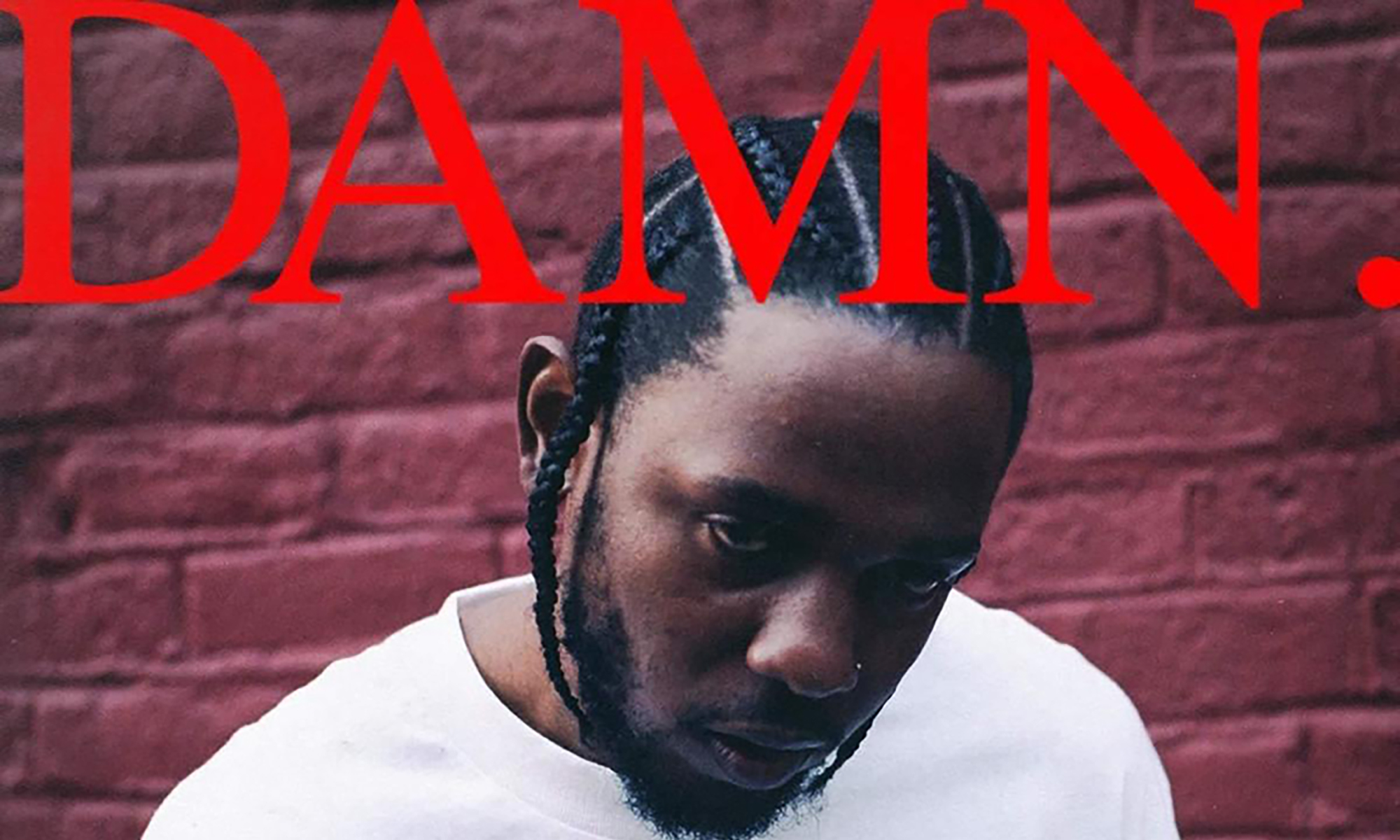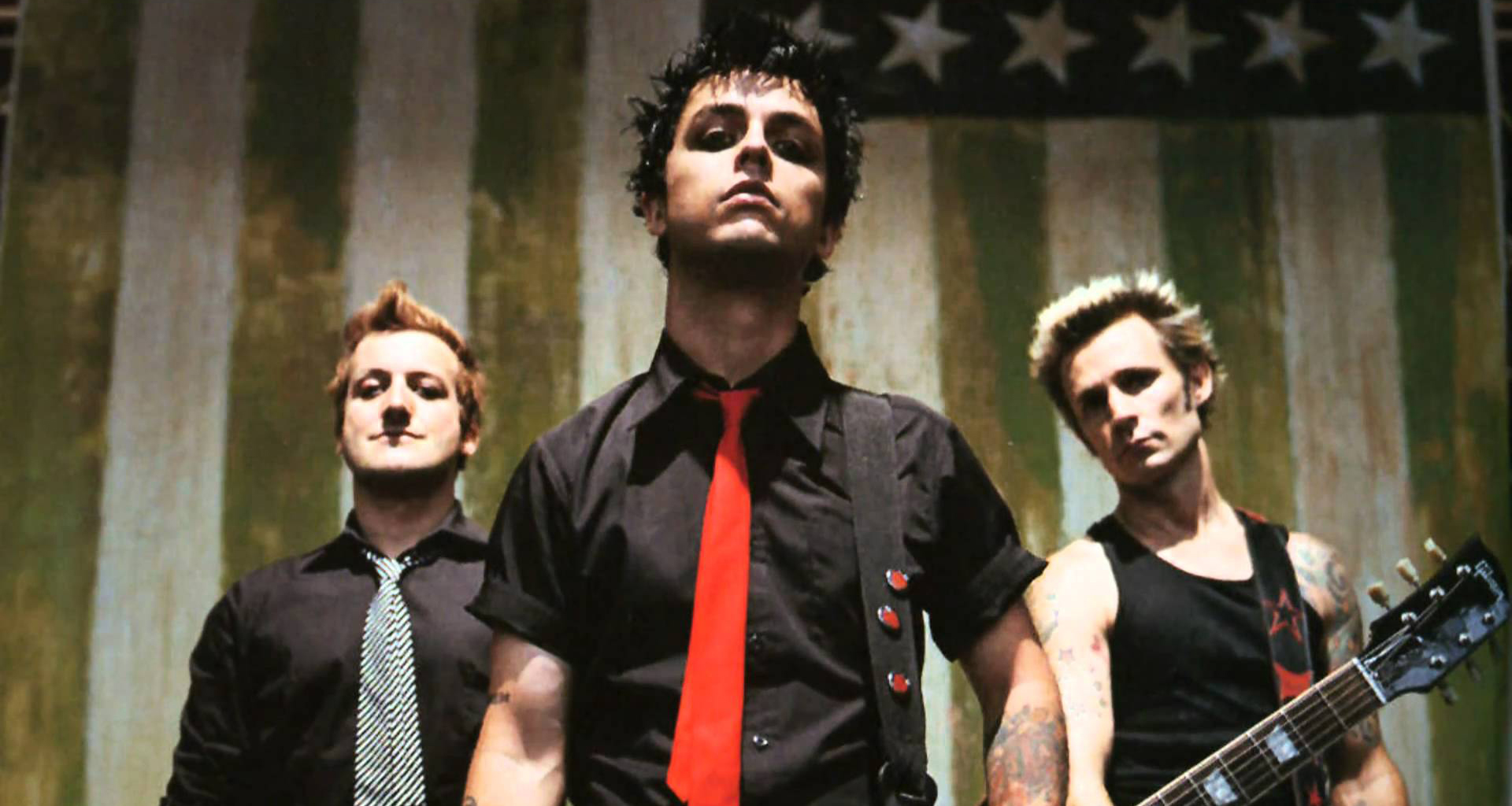
#FeelingLit, #Fam, #SquadGoals, #Woke, #OOTD, #InstaMood — these are all-too-familiar, guilty pleasure #hashtags most of us have probably used at some point in our #millennial lives. And while hashtags are now (#tbh, since forever) losing their purpose, we do have occasional moments where they play a genuinely important role in creating meaningful dialogues.
Here are some hashtag movements I think everyone needs to be talking about.
#YesAllWomen
https://twitter.com/emilyhughes/status/470344350602657792
https://twitter.com/IAmSubVersive/status/471326513540112384
https://twitter.com/DavySunshine/status/471518417888243712
With the popping up of a hashtag as uncalled for as #NotAllMen, #YesAllWomen was bound to be just round the corner.
Popular since 2014, women everywhere use this hashtag to share their stories of facing or witnessing misogyny and violence. The posts primarily try to bring home the idea that though all men aren’t sexist, all women are — in some way or the other — affected by sexism and harassment. And while circumstances aren’t changing anytime soon, the very least we can do is lend an ear.
#MarchForOurLives
https://twitter.com/Ryan_Deitsch/status/982227965546151938
https://twitter.com/Emma4Change/status/982582447031439363
After 2014’s #NotOneMore movement following the horrific Isla Vista shootings, you’d think gun safety would now be well on its way to advancement. But the recent high school shooting at Florida and the birth of #MarchForOurLives stands as a testament to how far from it we are.
#MarchForOurLives stems from the student-led demonstration called March for our Lives which took place in Washington DC in support of stricter gun-control. Widespread in the US, the movement gathered worldwide support online through the hashtag. People are using it to share frightening first-hand experiences, insightful opinions, and heartfelt condolences. With more and more netizens becoming a part of the movement, the pressure for action is stronger than ever before — giving us all the more reason to join in.
#DroughtShaming
https://twitter.com/daveroush/status/857640666624442368
https://twitter.com/westernwaterluv/status/977364504521555969
In light of increasing global warming and growing drought possibilities, a hashtag movement – #DroughtShaming – has been trending in California since 2015.
Putting irresponsible citizens in the forefront, #DroughtShaming effectively works towards reducing the extent of water wastage. Be it overworked sprinklers, needlessly elaborate water fountains, or unnecessary serving of water in restaurants, the movement is bringing it all to light and getting water wasters to change their ways. Pretty smart, really — high time we got it viral outside of just California.
#DudesGreetingDudes
https://twitter.com/elonjames/status/529006535314116608
https://twitter.com/elonjames/status/529008149626253312
https://twitter.com/hashtag/DudesGreetingDudes?src=hash
The viral video of a woman getting catcalled in NY city sparked a (read, nonsensical) debate on whether it is indeed misogyny, or a means of conversation and flattery. Elon James White had a more than appropriate response to the entire situation — if it’s just conversation, why don’t men do it to other men?
So, with hilarious tweets about what it would be like if men catcalled each other, #DudesGreetingDudes was born as the perfect anti-catcalling movement. Featuring typical catcaller dialogues in a male context, the posts that use this hashtag make for a) thoroughly insightful jibes and b) a delightful read. I’ve gone through at least 5 pages, and I’m completely sold on joining the bandwagon.
It’s easy to dismiss online movements as being armchair or elitist; almost as easy as it is to forget the sheer power of participation in creating a rallying point of change. So believe in the power of words and rant away — trust me, you’re not being lazy.
#FeelingLit, #Fam, #SquadGoals, #Woke, #OOTD, #InstaMood — these are all-too-familiar, guilty pleasure #hashtags most of us have probably used at some point in our #millennial lives. And while
